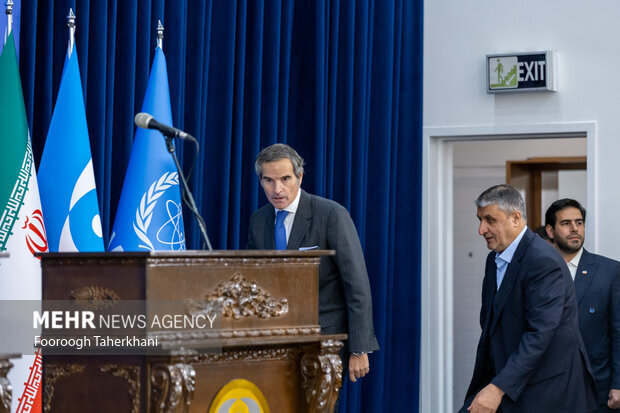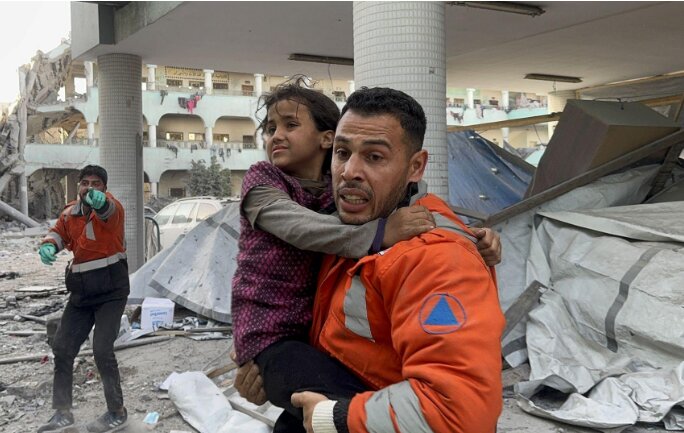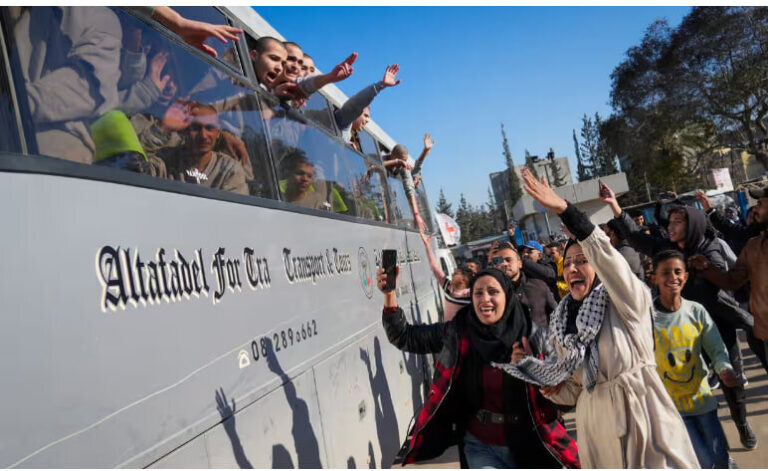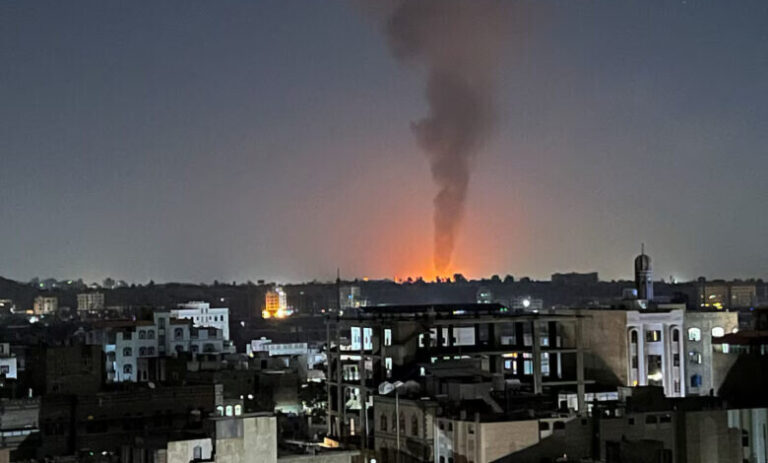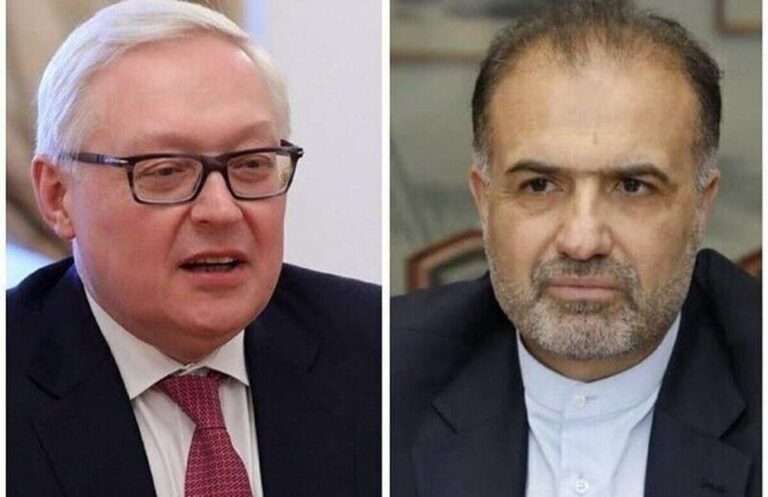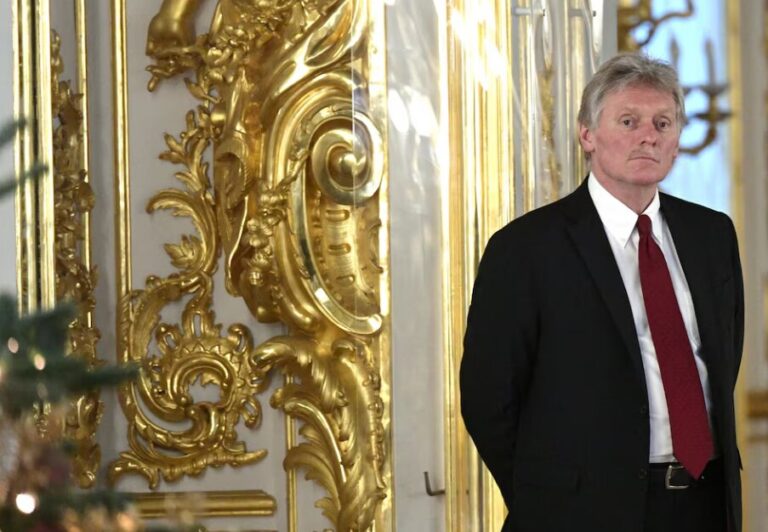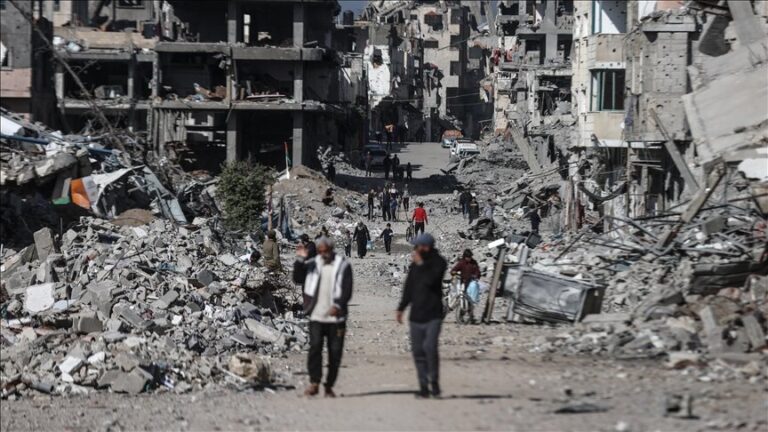AEOI Responds to IAEA Chief’s Comments on JCPOA: Key Insights and Implications
The ongoing dialogue surrounding Iran’s nuclear program remains a critical topic in international relations, particularly concerning the role of the International Atomic Energy Agency (IAEA). Recently, the Atomic Energy Organization of Iran issued a statement urging the IAEA’s Director General to maintain an impartial and professional approach in his communications. This call for professionalism comes in light of concerns that political bias could undermine the agency’s integrity.
In the statement, Iran expressed its disappointment over some of the recent remarks made by IAEA Chief Rafael Grossi, which they believe deviate from the core principles of impartiality and professionalism expected from such a significant international organization.
- Political Pressure: Iran highlighted that the United States and certain Western nations are attempting to manipulate the IAEA to exert unfair pressure on the country.
- Concerns Over Reputation: The Iranian government fears that the IAEA’s reputation may suffer if it strays from its commitment to neutrality.
- IAEA’s Role: Iran reiterated that Grossi’s recent statements could serve as a pretext for these countries to pursue their illegitimate interests.
During a press conference in Japan, Grossi made assertions that Iran should demonstrate it is not pursuing nuclear weapons, despite Iranian officials’ consistent declarations that their nuclear ambitions are aimed solely at peaceful purposes. This has raised eyebrows within Iran, with officials arguing that the IAEA already conducts a substantial number of inspections in the country, which they believe should suffice as evidence of their peaceful intentions.
Key Points from Rafael Grossi’s Press Conference:
- Grossi described Iran’s nuclear deal, known as the Joint Comprehensive Plan of Action (JCPOA), as an “empty shell.”
- He stated, “I don’t think anybody thinks that the JCPOA can play a role at the moment,” indicating a belief that the agreement has lost its relevance.
- Grossi noted that, irrespective of opinions on its merits, the JCPOA has been technologically surpassed and is “no longer fit for purpose.”
Iran has repeatedly underscored its commitment to peaceful nuclear development, asserting that its program is transparent and open to scrutiny. The nation has allowed IAEA inspections, which account for approximately 25% of all inspections conducted by the agency, despite representing less than three percent of global nuclear facilities. This fact emphasizes Iran’s willingness to cooperate with international regulations.
In response to Grossi’s remarks, Iranian officials have reiterated their stance, stating that Iran is not pursuing a nuclear weapon and that their nuclear program is designed for peaceful purposes such as energy generation and medical applications. This ongoing tension raises questions about the future of diplomatic relations and the role of the IAEA in mediating these complex issues.
As the international community watches these developments, the need for a balanced and fair approach from the IAEA is more crucial than ever. The agency’s credibility hinges on its ability to function without political influence, ensuring that all member states are treated equitably.
In conclusion, the statement from the Atomic Energy Organization of Iran reflects a deep-seated concern regarding the impartiality of the IAEA. As discussions continue, it remains essential for the IAEA to uphold its professional standards to maintain trust among member nations and to foster a cooperative international environment.
In light of Grossi’s recent comments and Iran’s response, it is clear that the dialogue surrounding Iran’s nuclear program will continue to be a contentious issue on the global stage. The outcomes of this discourse could significantly impact international relations, the stability of the region, and the future of nuclear governance worldwide.
As events unfold, stakeholders will be eager to see how both Iran and the IAEA navigate this complex landscape, striving for solutions that respect the principles of fairness and professionalism.
